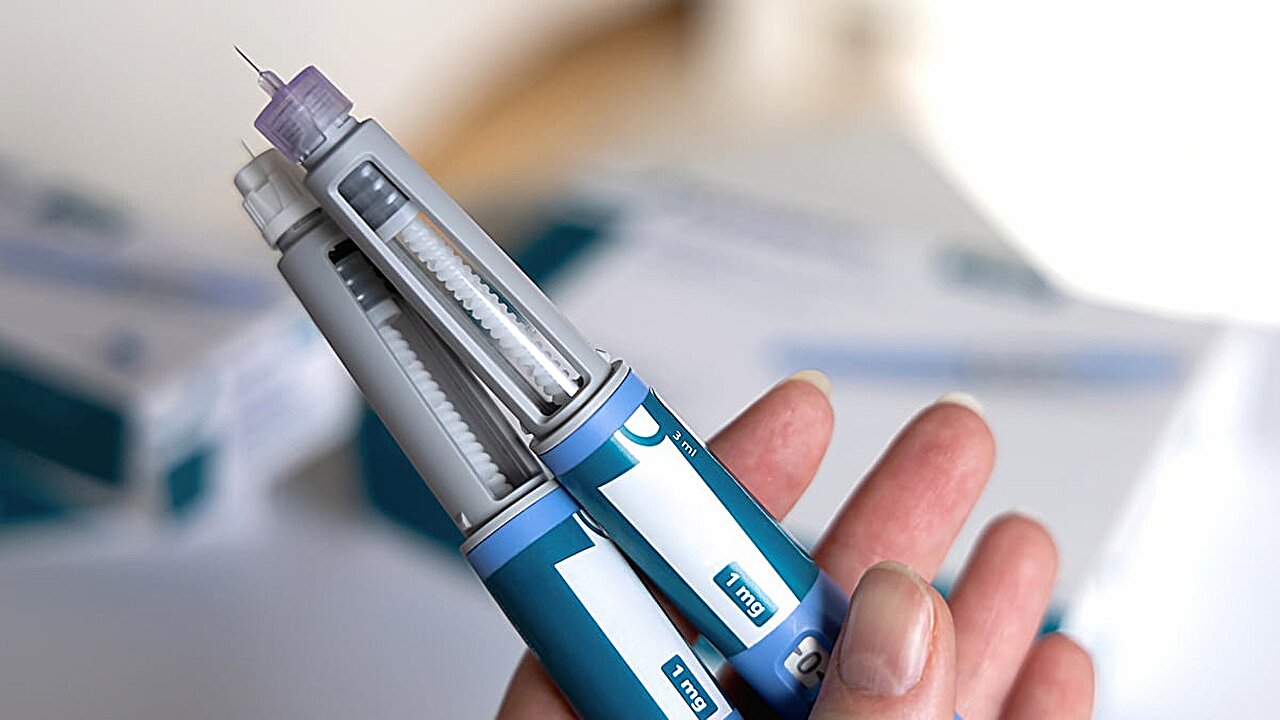
Poorer folks’ access to blockbuster weight-loss drugs through Medicaid remains limited, a new KFF analysis has found. Only 13 states currently allow Medicaid to cover treatment of obesity using glucagon-like peptide-1 agonist (GLP-1) medications, researchers discovered.
Under the Medicaid system, individual states are allowed to decide whether to cover GLP-1 drugs, which include Wegovy (semaglutide), Zepbound (tirzepatide) and Saxenda (liraglutide), the KFF report noted.
Among those states that don’t cover the drugs, half reported that they are considering adding coverage in the near future, the researchers added.
But GLP-1 drugs are pricey, and nearly two-thirds of states said cost is a hurdle to approving coverage of the meds through Medicaid.
“Expanding Medicaid coverage of these drugs could increase access for the almost 40% of adults and 26% of children with obesity in Medicaid,” wrote the research team led by senior investigator Clea Bell, a research assistant in state health reform for KFF. “At the same time, expanded coverage could also increase Medicaid drug spending and put pressure on overall state budgets.”
Glucagon-like peptide-1 (GLP-1) drugs mimic the GLP-1 hormone, which helps control insulin and blood sugar levels, decreases appetite and slows digestion of food.
However, the drugs are costly—people without insurance face paying more than $1,000 a month to take them.
The 13 states where Medicaid covers GLP-1 drugs for obesity are California, Kansas, Minnesota, Wisconsin, Michigan, Mississippi, Pennsylvania, Virginia, North Carolina, Massachusetts, New Hampshire, Delaware and Rhode Island.
Both the number of Medicaid prescriptions for GLP-1 drugs and the amount spent on the drugs have skyrocketed in recent years, researchers found.
Between 2019 and 2023, the number of GLP-1 prescriptions increased by more than 400%, while spending increased by more than 500%.
There were about 3.8 million GLP-1 prescriptions covered by Medicaid in 2023, compared to 755,000 in 2019, results show. Gross spending on the drugs amounted to $3.9 billion in 2023, up from $597 million in 2019.
Despite these numbers, GLP-1 drugs account for relatively small shares of total Medicaid spending and prescriptions, the report noted—about 0.5% of all Medicaid prescriptions and 3.7% of gross Medicaid spending.
Further, about 40% to 62% of these costs are rebated to the government by the drug makers, according to estimates cited by KFF.
But the costs remain staggering enough to cause many states to think twice before expanding coverage to GLP-1 drugs, the researchers noted.
On the other hand, 40% of the states that do cover GLP-1 drugs—or are weighing coverage—noted that the meds could ultimately save money by heading off the chronic diseases associated with obesity.
“In the longer term, however, reduced obesity rates among Medicaid enrollees could also result in reduced Medicaid spending on chronic diseases associated with obesity, such as heart disease, type 2 diabetes and types of cancer,” the researchers noted in a KFF news release.
More information:
The Cleveland Clinic has more on GLP-1 drugs.
Copyright © 2024 HealthDay. All rights reserved.
Citation:
Medicaid covers GLP-1 meds for obesity in just 13 states, analysis finds (2024, November 5)
retrieved 5 November 2024
from https://medicalxpress.com/news/2024-11-medicaid-glp-meds-obesity-states.html
This document is subject to copyright. Apart from any fair dealing for the purpose of private study or research, no
part may be reproduced without the written permission. The content is provided for information purposes only.


